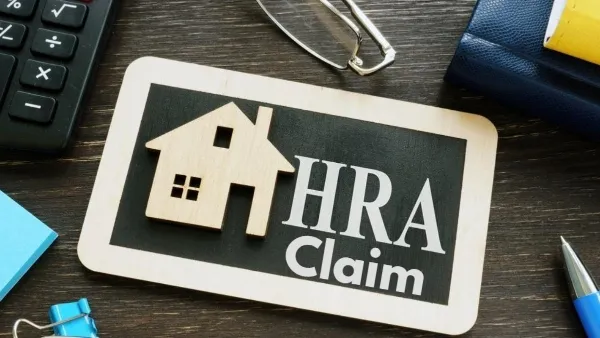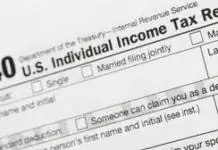If you are a salaried employee, then your salary slip will definitely mention the House Rent Allowance (HRA). This is an important part of your salary which you get in return for the expenses incurred on rented house and most importantly, it helps you a lot in saving income tax.
It is generally believed that to claim tax exemption on HRA, you have to pay rent to a landlord and show the rent receipt.
But did you know that there is a way you can claim tax exemption on HRA without paying rent in the ‘traditional’ way? Yes, this is absolutely possible and is also valid under the Income Tax rules, provided you fulfill certain conditions. Let’s understand the whole math.
What is the rule of HRA and tax exemption?
Under Section 10(13A) of the Income Tax Act, HRA paid to salaried employees is tax exempt. This exemption reduces your total taxable income. The rule is simple – you should be receiving HRA and you should actually be living in a rented house and paying rent. If you live in your own house, you cannot claim tax exemption on HRA. Self-employed people also do not get this benefit of HRA exemption (though they can avail exemption under section 80GG with certain conditions).
How to claim HRA without paying ‘outside’ rent?
Now let’s come to that specific situation. Suppose you are employed, you get HRA, but you live in your parents’ or a close relative’s house instead of paying rent to an outside landlord. Can you still claim HRA? The answer is – yes! The Income Tax Act allows you to do so, but with some important conditions:
1. Home ownership
The first and most important condition is that the house in which you are living should not be in your name. That house should be registered in the name of your parents or the relative to whom you are paying rent.
2. Actual rent paid
You really have to pay rent to your parents or relatives every month. It should not be just a paperwork. It is better to pay rent through bank transfer so that you have solid proof of it.
3. Rent agreement and receipts
Get a formal rent agreement made, which mentions the rent amount and other terms. After paying the rent every month, take a rent receipt from your parents/relatives. These documents may have to be shown as proof to the Income Tax Department.
Tax aspects for parents
Here is another important thing. The rent you pay to your parents or relatives will be considered as their ‘income from house property’. They will have to show this rental income in their Income Tax Return (ITR). They may also have to pay tax on this income as per the applicable tax slab.
However, there is an advantage to this. If your parents are senior citizens and do not have much taxable income, then this rent can become a source of income for them and they may not have to pay any tax on it due to the basic exemption limit. This way, you can avail the HRA exemption and also help them a little financially.
How much HRA amount will be exempted? (Calculation)
How much of your HRA will be tax free depends on three conditions. The amount which is the lowest among these three will be tax exempt.
1. Actual HRA received: How much HRA does your company give you annually.
2. Total rent paid minus 10% of your salary: (rent you paid annually – 10% of your salary).
3. 50% of salary for metro cities / 40% for non-metro cities: 50% of your salary if you live in Delhi, Mumbai, Kolkata or Chennai, 40% of your salary for other cities.
Here ‘salary’ means – your basic salary + Dearness Allowance, if it is a part of retirement benefits.
Example: Suppose your Basic+DA = ₹50,000/month (₹6 lakhs/year), you get HRA ₹20,000/month (₹2.4 lakhs/year), you live in Delhi and pay rent to parents ₹15,000/month (₹1.8 lakhs/year).
HRA received = ₹2,40,000
Rent – 10% Salary = ₹1,80,000 – (10% of ₹6,00,000) = ₹1,80,000 – ₹60,000 = ₹1,20,000
50% Salary = 50% of ₹6,00,000 = ₹3,00,000
Out of these three (₹2.4 lakh, ₹1.2 lakh, ₹3 lakh), the lowest is ₹1,20,000. So, you will get tax exemption on HRA of ₹1.2 lakh annually.
Living in your parents’ or relative’s house and paying them rent is a legitimate way to claim tax exemption on HRA. But for this, it is very important to have legal documentation (rent agreement, rent receipt, bank transfer proof) and follow the rules. Also, the person receiving the rent (parents/relatives) will also have to take care of their tax liability. If you have any doubts, it is always better to consult a tax advisor.















